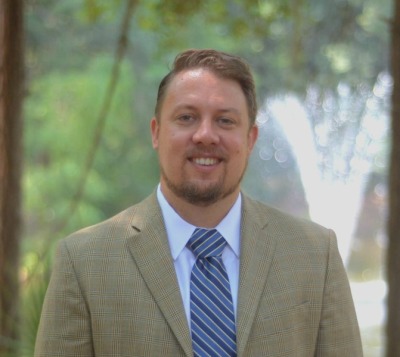You Cannot Serve Both God and Internet Trolling

Have you ever been in an online community where you're trying to discuss information that you are deeply invested in and then someone, seemingly out of nowhere, begins to deliberately sow discord among the group?
The intentional introduction of inflammatory, extraneous, or off-topic posts with the deliberate intent of disrupting regular on-topic group discussion — commonly known as Internet trolling — has become a favorite pastime of many Christians in the world today. Unfortunately, many folks haven't yet learned that one cannot serve both God and Internet trolling.
Ironically, the concept of the mythic troll, as developed in Scandinavian folklore, is one that understands such creatures as not being Christianized. Or, not to put too fine a point on it, they were beings that did not attempt to follow the ways of Christ. As such, one shouldn't be surprised at Internet trolls' general rejection of Christianity or their specific dismissal of Jesus' teaching to "do unto others as you would have them do unto you."
What is interesting about the mounting phenomenon of Internet trolling is that people generally seem to be growing more unaware that they are engaging in this behavior. Part of this developing disregard for others is arising from a lack of empathy that is being fueled by an even larger lack of technological accountability. And this lack of accountability is potentially where ideas surrounding Christian community, properly understood, have a larger role to play.
But what complicates the issue further are the ways that many self-proclaimed Christians seem to actively engage in this behavior also. You have probably experienced this in one form or another if you have spent any time reading comments on the Internet.
The person who assaults others with complex yet unexegeted Scripture verses, hurled into the digital crowd like a Molotov cocktail.
Or others who attach themselves to a given tribe of people with whom they don't actually want to identify with but whom they do want the personal privilege of constantly critiquing with their posts.
Or worse yet, the notorious social media blackmail for Jesus proponent that usually seeks to hold folks spiritually and technologically hostage. Those trolling posts often consist of some variation of "If you love Jesus like and share, if you love Satan keep scrolling. Remember: Jesus saw you reading this!"
Of course, all of these actions can and do take on more subtle forms as well.
But the commonality of these behaviors is that they share the initial guise of being representative of Christian conduct: a personal dedication to Scripture; a general sense that identifying and distancing oneself from sin is a good thing; or a stout allegiance to Jesus Christ. It is also of note that such trolling likewise tends to share a warped sense of American nationalism and entitlement that advocates that individuals should be able to say anything to anybody in any circumstance without regard for others' holistic health and well-being.
The problem with this is that employing such methods, either knowingly or otherwise, fundamentally disregards Christ's golden rule and greatest commandments because, and at a basic level, engaging in such behavior doesn't respect the people on the other end of digital correspondence. More disheartening yet is that the general public and vast majority of Christian communities are quickly losing their ability to identify these trolling activities for what they are.
As such, addressing these issues as we move forward into the technologically advancing future is going to have to become a priority of religious and social communities. While I am convinced that technological advancement has tremendous potential to aid in helping to bring about Christ's redemptive purposes in the world, ignoring its deficiencies, and how those problems arise as a result of who we are as persons, also has the potential of being vastly destructive for human communities. How we choose to respond moving forward will certainly shape our approaching technological futures.



























